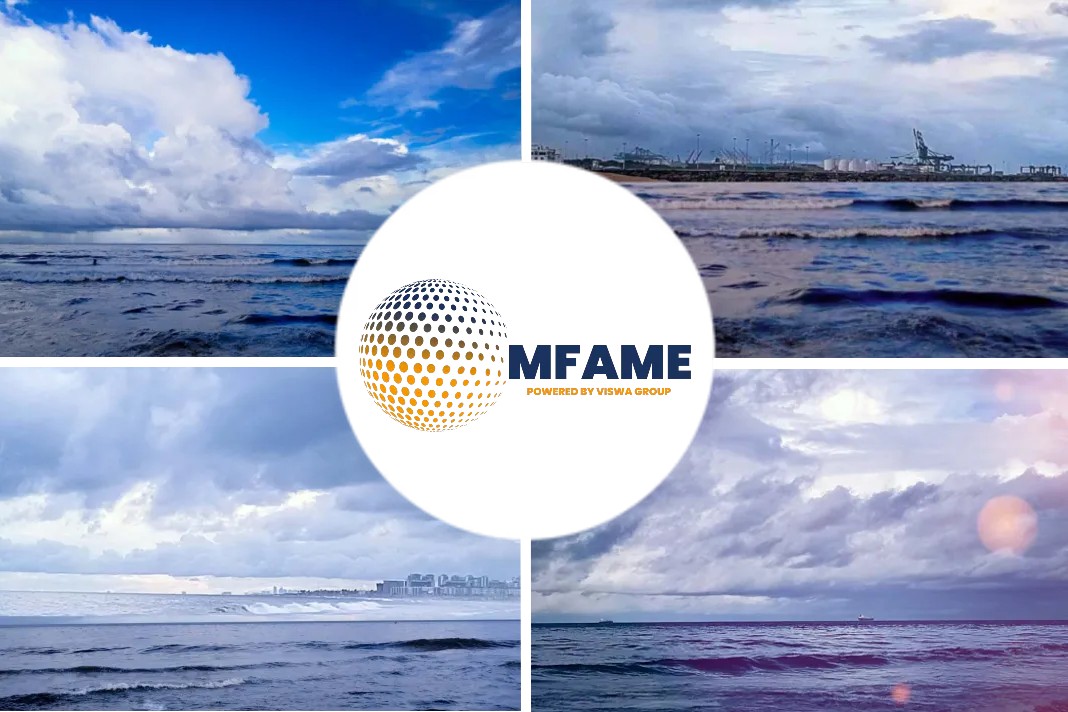- New pollution control rules will become effective from 1st January, 2020.
- The new sulfur cap is set to effect the energy industry including the shipping companies.
- Shipowners are junking ageing vessels and opting for the installation of scrubbers.
- Wartsila alone sold 77 scrubbers in 2016.
A new pollution regulation are coming into effect by the end of next year and shipowners are already reeling under pressure, reports the world’s biggest engine manufacturers Wartsila. The chief of the Finnish engineering group, Jaakko Eskola, recently said that owners had been aware of imminent changes to the sulphur content of fuel used by big commercial vessels since 2016, but many had only just started taking action.
From January 1, 2020, all large commercial vessels will have to meet new emissions rules, which will dramatically reduce the permissible sulphur content of ship’s fuel. The cut will have knock-on effects throughout the energy industry, including on oil producers, refiners and distributors, as well as the shipping companies. They will have to invest in new equipment, engines and desulfurization units, or “scrubbers”.
The New Rules
The new rules, which will cut the permissible level of sulphur in marine fuel to one seventh, apply to about 90,000 ships worldwide, or the entire global commercial fleet of vessels of more than 5,000 tons. They are being applied by the International Maritime Organisation, a London-based agency of the United Nations, in a drive to improve air quality by cutting cut pollution and emissions. This has made situations difficult for shipowners with some of them thinking of junking ageing vessels altogether.
The International Maritime Organisation said this month that the issue was a “key item” on its agenda. However, few of the global transporting companies that own ships had taken action to comply with the new rules. “Finally the shipowners have realised they need to act,” Mr Eskola said. “These ships either have to have a gas engine or a scrubber or they will need to run on low-sulphur fuel.” He said that many shipping operators were opting to retrofit scrubber equipment to existing engines. “Last year we sold 77 scrubbers, which is more than double the number we sold in 2016.”
Wartsila’s Role
Wartsila makes the engines used in about half of the world’s large commercial vessels and 70 percent of cruise ships. Its main rival is Rolls-Royce, the British engineering group. The Finnish company, which employs about 18,000 people, had net sales last year of €4.9 billion.
Mr Eskola said that smaller operators had been put off by the high costs involved and questions over how the International Maritime Organisation will police the new rules, especially in areas where shipping regulations are lax. Fitting a scrubber to a large vessel could cost as much as €5 million. Switching to LNG-powered engines is expensive and the larger fuel tanks required eat into precious cargo space.
So, to a large extent, the race to the new pollution free ships is going to be dominated by shipping giants as the smaller operators face an economic hurdle.
Did you subscribe for our daily newsletter?
It’s Free! Click here to Subscribe!
Source: The Times

















